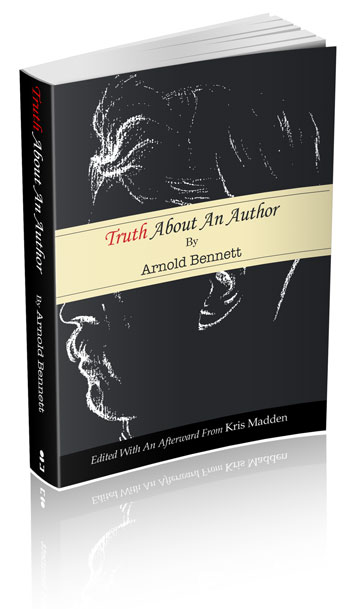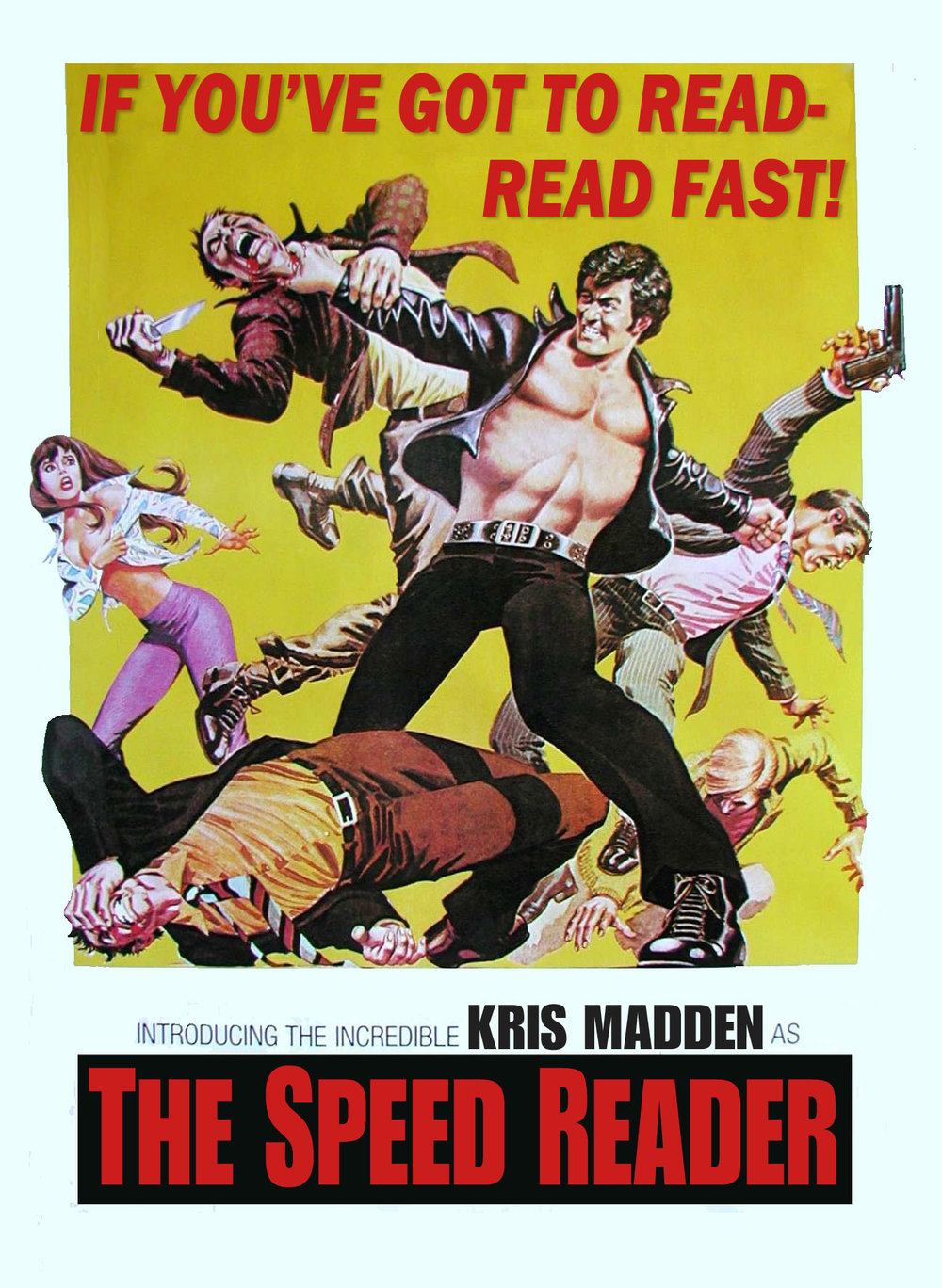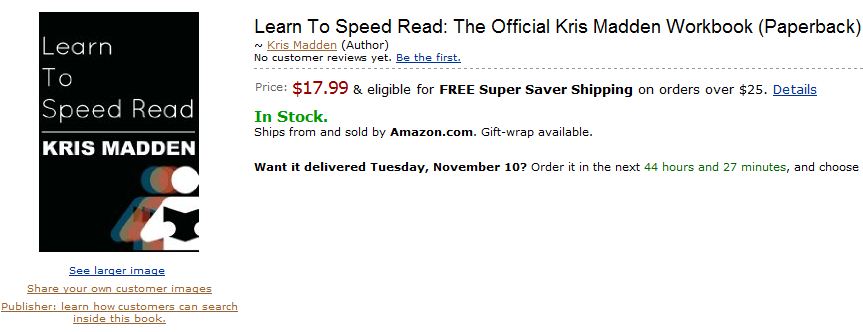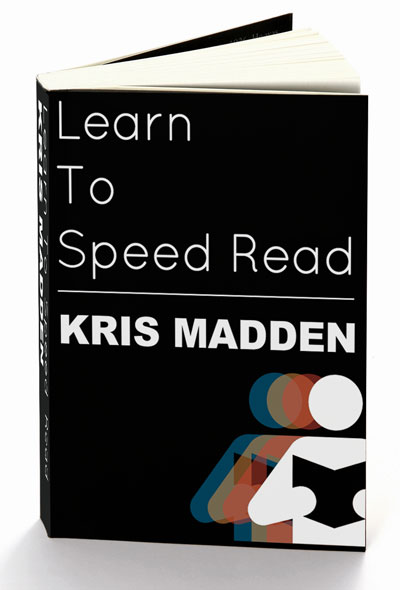Good Advice From Jonathan Franzen

It was December 2004 and I had decided I was going to be a writer. My birthday was coming up, and I had recently begun work on a collection of short stories for publication that would fail on all accounts shortly in the future. I was 18, it was my third semester at college and I was going out with this girl that would become my wife just two years later. The world was my oyster and I was overly arrogant and self-assured about everything I did. I was so sure I would be the youngest writer to win the Nobel Prize and an Oscar for a screenplay, and a Grammy for my soundtrack, and so on in the common tradition of twentysomething’s delusions of grandeur.
So picture this wide, blue-eyed, boy getting his chance to shake hands with a real writer, the same kind of person he wants to be some day. He’s so excited to see a real writer in the flesh, someone who’s won awards, and more specifically someone who had won the National Book Award. Of all places, the writer was coming to Fresno, and his name was Jonathan Franzen. The boy was ecstatic to get a glimpse of what his life might be like someday.
The boy and his girlfriend arrived early to get good seats. The boy clutched a brand new copy of The Corrections in his hands, the spine still stiff, the pages only skimmed.
Franzen came out and read one of his New Yorker pieces, which the boy enjoyed and knew this was someone he should listen to. After the reading, there was a Q and A with audience and throughout the Q and A, the boy went back and forth deciding whether or not he trusted Franzen’s opinions about being a writer.
At one point, Franzen spoke about how he hardly read anymore because he could usually anticipate the book’s plot-turns and storyline. At the time, the boy in the audience had read very little. He wondered if becoming a writer meant losing the motivation to read novels, books, poetry, etc. At another point, someone asked if he’d ever be interested in working on a graphic novel adaptation of his book, and whether he had any interest in the medium. Franzen responded saying that he had no interest in graphic novels and saw them as a passing fad with little substance. The boy was crushed. Had all those years spent reading comics, and Alan Moore, and Frank Miller been for naught? Were they trash?
At the end of the Q and A, the boy walked over to book signing line still deciding what to make of Jonathan Franzen. Was this what all serious writers became? Did they all lose interest reading new books? Did they all think comics were a passing fad? If he chose to be a writer, was this his fate? He wouldn’t find answers to those questions that night and certainly not before he came face to face with Jonathan Franzen. And when it was the boy’s turn to have his book signed he was so excited that all those questions that had been spinning around his mind fluttered away and he was overcome with that overflowing optimism, best shown in the picture from the University’s coverage of the event.
The boy blurted out the first thing that came to mind, “I’m going to be a writer. Do you have any advice for me?”
Franzen looked up and saw the boy’s earnestness and paused for a moment, considering his reply and said, “Don’t do it; once you become a writer you’ll have to write for the rest of your life, and you might be better off doing something else like becoming a doctor or a lawyer, or something. But if you do become a writer then I wish you the best of luck.” The boy perplexed, still mentally digesting everything, requested Franzen, “Could you write that down for me?”
Franzen chuckled, “The whole thing?”
“Yeah,” The boy laughed.
(Flash from camera to the left)
He paused, “How ‘bout…” Franzen speaking and writing simultaneously now: “Don’t. do. It. And, Good. Luck. Frowny face. Smiley face.”
“Thanks,” The boy said and shook the author’s hand, still not knowing what to make of the entire experience.
It’s been six years since then and like a zen koan, those words have echoed in the back of my mind. It wasn’t until after I had finished writing my first book that I began to understand a little of what Franzen’s advice to me meant. Don’t bother looking for the book; it doesn’t exist outside my office bookshelf. It was your typical first-novel that took six months and ran a little over a 150 pages. I pitched the book to every literary agent and publisher with an email address I could find, and every small press as well. And of the hundreds I pitched the novel to, 42 asked to see the first few pages, after which, all 42 said they were not interested.
I had spent six months of my life, and who knows how many hours, creating something that bore no financial-fruit whatsoever. And those delusions of grandeur faded with the book’s monumental failure. It wasn’t too long after receiving the last rejection for the book that I realized what it meant to me to be a writer. And I answered that question that all young writers ask themselves at one point or another, “How do you know if you’re a writer?”
My answer: “You know you’re a writer, when you spend half a year working every day on a book that’s rejected by every publisher on this earth, and after all that rejection, you can’t wait to start writing your next book, your next short story, or whatever. That’s when you’re a writer.”
And so despite all the circumstantial evidence that pointed to that fact that I was a lousy writer, it didn’t matter, I was going to write anyway. And I think that’s what Franzen was talking about too. Once you become a writer, it’s something you’ll be compelled to do for the rest of your life, whether you’re good at it or not. Franzen knows this because he’s a writer, and whether he likes it or not, he’ll be writing for the rest of his life, even if his later work isn’t successful or even published. It doesn’t make a difference to him.
For a long time when I reflected on Franzen’s words, all I could hear was him saying, “DON'T’ DO IT. You’re wasting your life kid.” But now that I’m a writer, I hear his “atta-boy” encouragement, “I wish you the best of luck.”
And so I pass Franzen’s good advice onto other young writers and authors, “Don’t do it, but if you do, I wish you the best of luck.”



